The Energy and Petroleum Regulatory Authority (EPRA) has sought to address controversy over the government’s decision to return fuel subsidies in the latest review of fuel prices.
EPRA has refuted reports that it has returned to fuel subsidies and argues that what it has adopted is a fuel stabilisation strategy leveraging the Petroleum Development Levy (PDL).
In a statement, the authority says the stabilization approach is meant to ensure the fuel prices in Kenya are stable and cushion consumers from impacts of volatile global oil prices.
According to EPRA Director General Daniel Kiptoo, the State’s compensation to Oil Marketing Companies (OMCs) to avert a fuel price hike in the next month is not a subsidy.
“Government has not returned to fuel subsidies; it has returned to fuel stabilisation through the Petroleum Development Levy—for every litre of petrol a motorist buys, a fraction goes to the PDL for stabilisation. This fund was being misused by the Handshake government,” said Kiptoo.
Read More
The PDL is one among 10 taxes imposed on fuel products, with consumers paying Sh5.40 per litre when purchasing both petrol and diesel, and an extra Sh0.40 per litre of kerosene.
EPRA spoke a day after it announced the pump prices of fuel from August 15 to September 14 will remain unchanged despite a higher import bill due to escalating global oil prices.
The latest review announced on Monday evening will see a litre of petrol continue retailing at Sh194.68, diesel at Sh179.67 and kerosene Sh169.48 a litre in Nairobi in the next month.
Without the state subsidy (or stabilization), the price of super petrol would have increased to Sh202.01 per litre, diesel to Sh183.26, and kerosene up to Sh175.22 for the next month.
“The holding of pump prices today is consistent with the policy pronouncements of the Kenya Kwanza administration. One that has been applied is stabilisation, not a subsidy,” added Kiptoo in the EPRA statement.

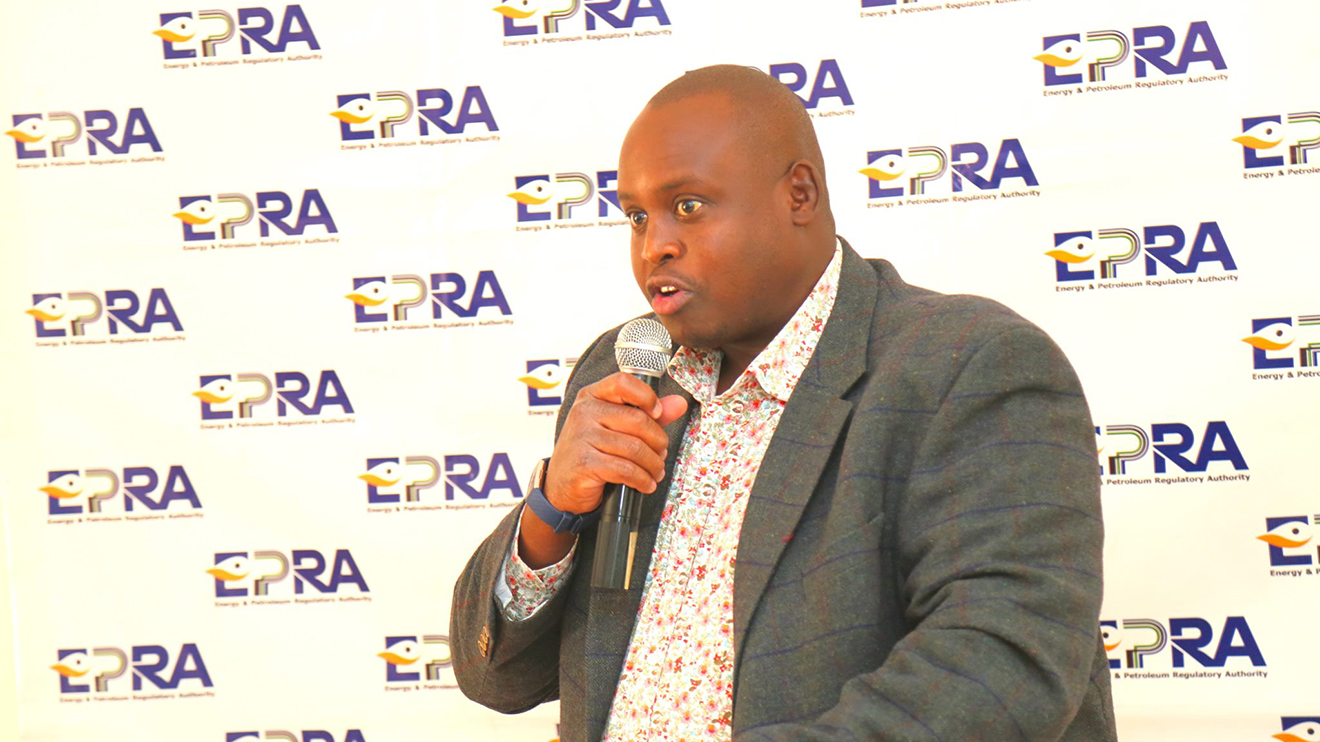

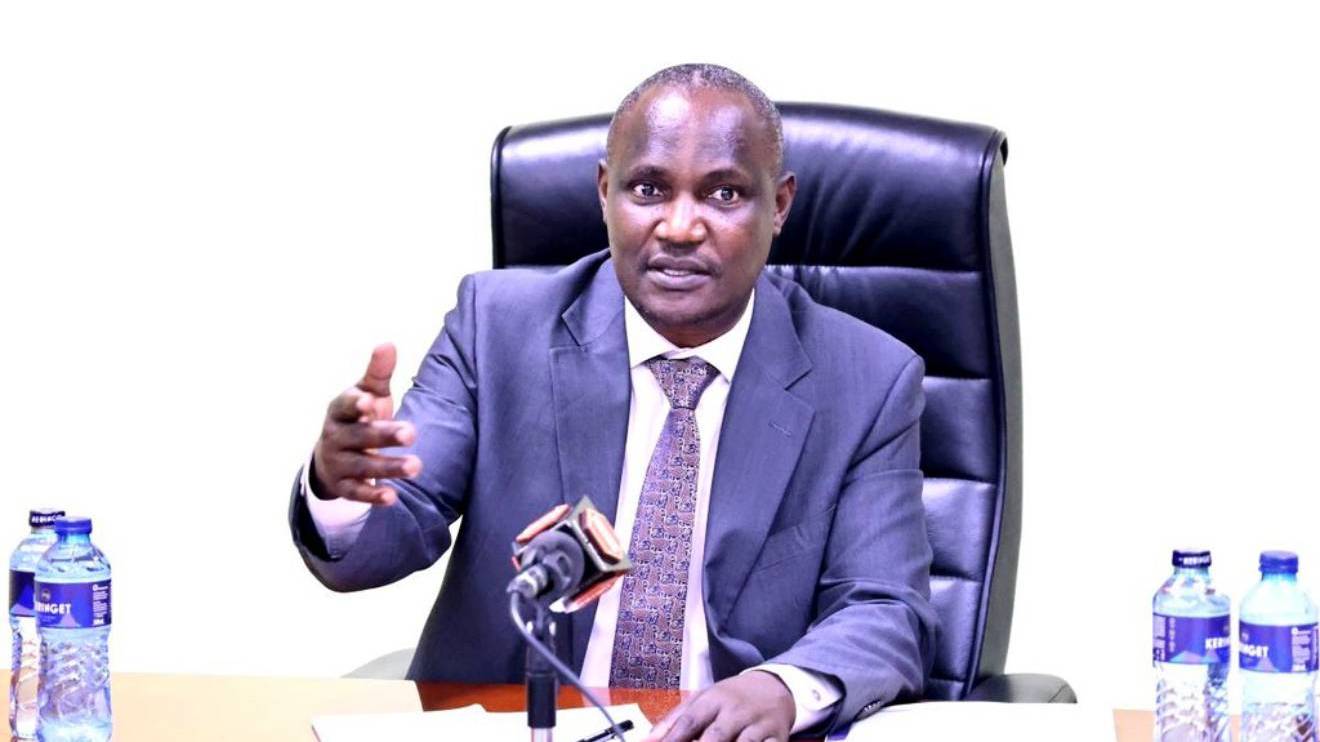
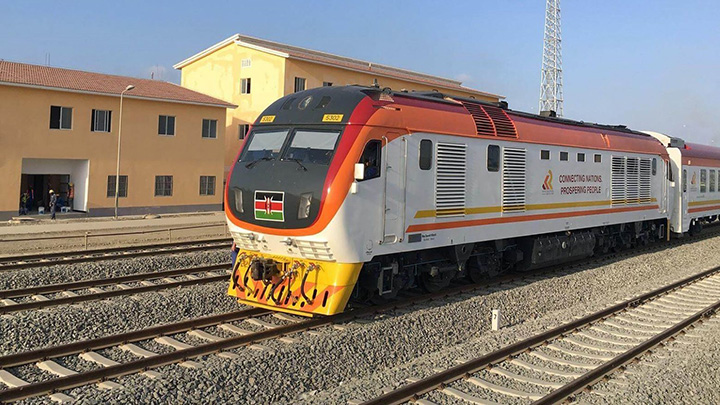
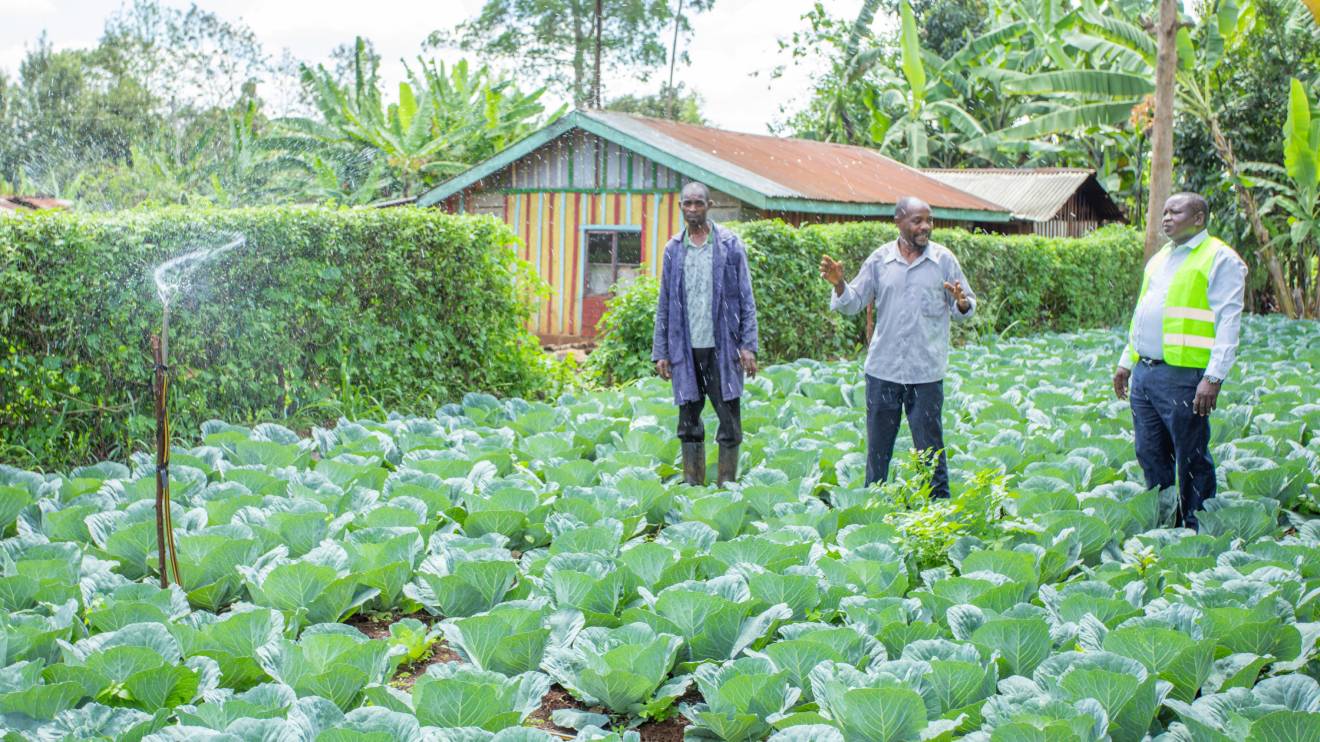

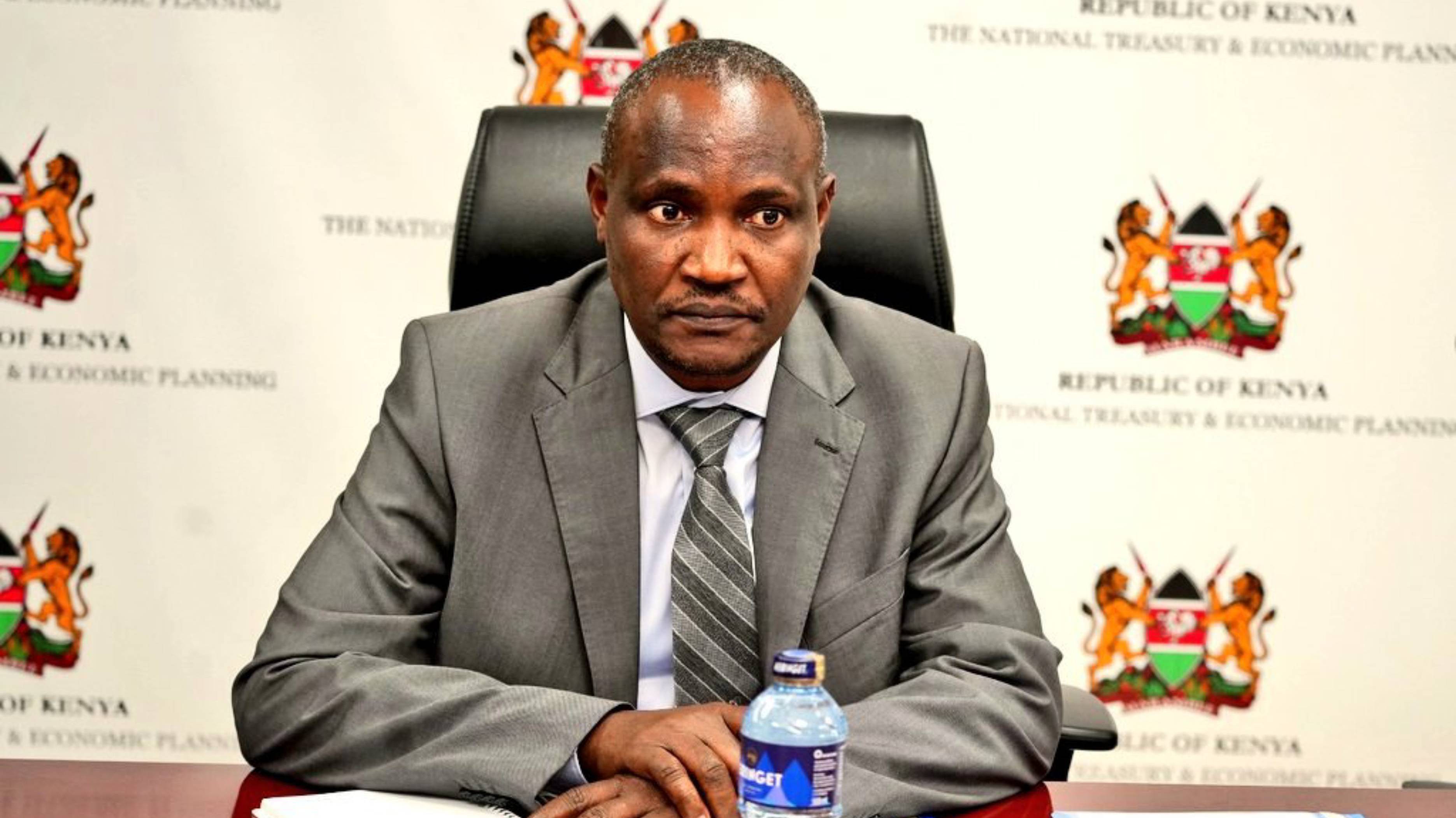
 (1)-1730745141.jpg)